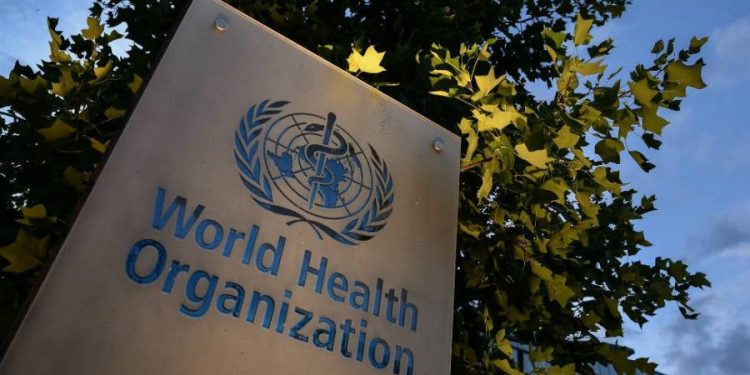The World Health Organization (WHO) on Sunday said that 650 cases of severe hepatitis have been reported in 33 countries between April 5 and May 26, noting its latest assessment is that the disease poses a “moderate” global risk.
The organization added that 99 additional cases were pending classification.
Of the 650 cases, 58 percent were from the WHO’s European region and 34 percent were from the United Kingdom and Northern Ireland.
More than 200 of the pending and probable cases were reported from the United States, the WHO’s report added.
“The aetiology of this severe acute hepatitis remains unknown and under investigation,” the WHO said, noting that the cases were “more clinically severe” and more likely to result in “acute liver failure” than previous reports of hepatitis in children.
Hepatitis causes inflammation of the liver and is often related to viral infections. Adenovirus, which is a common pathogen found in children, has been detected in more than half of the recent cases.
Earlier this month, the Centers for Disease Control and Prevention (CDC) issued new guidance regarding testing for adenovirus in children as a possible reason for recent pediatric hepatitis cases around the world, though it remains unclear if the two are linked.
At the beginning of May, the CDC reported 109 hepatitis cases have been detected in children in the U.S. Those cases included six deaths, and 14 percent of patients required liver transplants.
Globally, at least 38 children — 6 percent of total cases — have required transplants, and nine — 1 percent — have died, according to the WHO.















